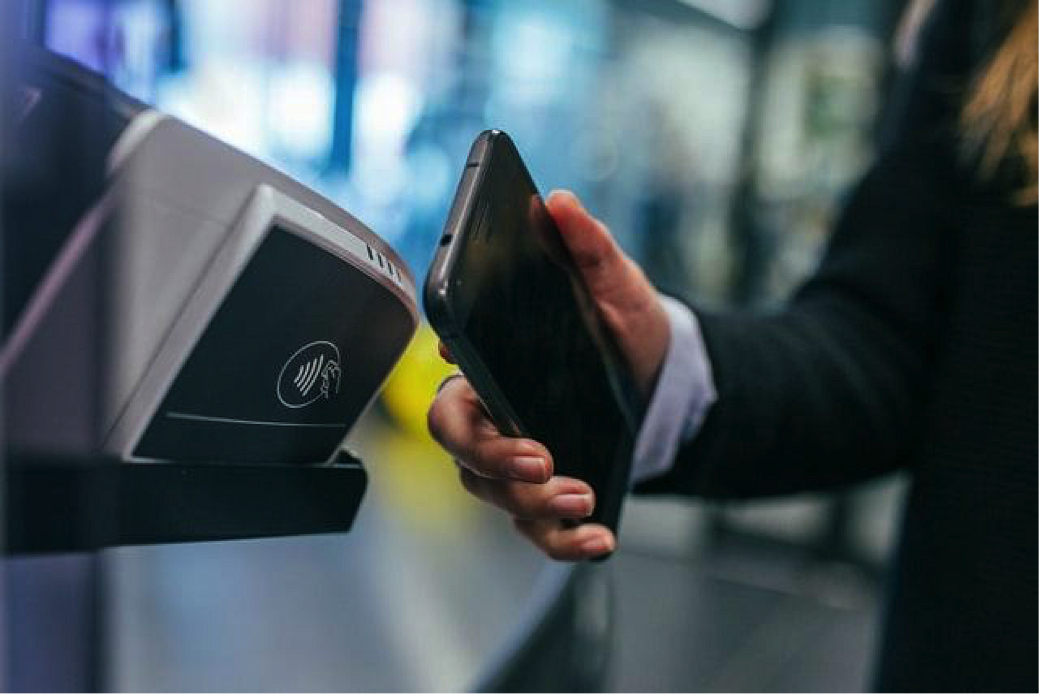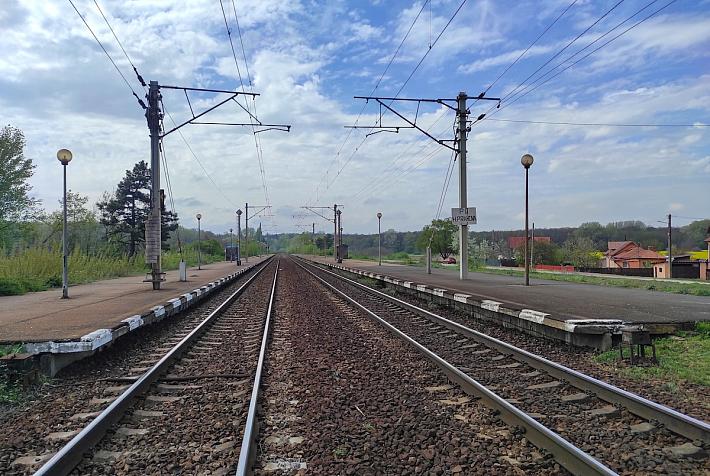Press Release: Romania is Europe's latest digital challenger

Romania, whose economy is among the fastest-growing in the EU, manages to surprise with its transition from fainéant to performer. Taking advantage of a favorable context, largely generated by the development of local startups and the introduction of international FinTechs, the nation has succeeded in positioning itself close to the top. It has partially closed the economic gap to Western Europe and its residents, enabling an improvement in the living standards.
Romania can truly be considered a digital challenger because it showcases a strong potential for growth in the economy based on digital computing technologies, building a legacy of excellence. New tech and fast-growing clusters are exceeding expectations as it is.
Digital development in Romania presents many opportunities for FinTech firms to introduce their solutions
The FinTech industry, in particular, has become of great interest in the Romanian entrepreneurial scene and has reached the status of an enabling partner. Startups are committed to revolutionizing finance and come to the help of anyone who wants to get a better loan or invest in non-traditional products like classic cars. The word that defines banking at present is digital. Smaller companies are offered the chance to grow locally and globally.
In spite of the fact that Romania can’t compare to neighboring countries like Poland or the Czech Republic, the FinTech scene is rapidly transitioning to a dynamic ecosystem for startups given the increased demand for FinTech solutions and the rise of digital banking. Startups launched in Romania can expect numerous monthly get-togethers, private and public funding initiatives, startup conferences, not to mention vibrant co-working spaces.
FinTech acquisitions are increasing, which only confirms the observation regarding a maturing market. So, what are the Romanian startups to watch out for in 2020? Here are 3 recently founded startups deploying advanced technology to simplify people’s finances:
FintechOS
FintechOS offers B2B services and Automated Software Testing as a Service. This Romanian company seeks to transform today’s financial technology, with an emphasis on closed systems and prohibitive pricing. The solutions proposed are best suited for established and challenger banks, as well as insurance companies interested in accelerating digital adoption. FintechOS has designed a platform that works just like an operating system and makes it possible for financial institutions to instantly create apps and services.
Instant Factoring
Instant Factoring provides flexible working capital financing to small and medium-sized businesses. Small firms and micro-enterprises are able to transform their invoices into cash, therefore, gaining access to money that is due a lot faster (typically, in 24 hours), so they can reap the rewards of their work. The Romanian company ensures the transparency of transactions by using blockchain technology.
Symphopay
Symphopay is a payment intermediary that enables retailers to offer customized solutions. It’s a cloud-based platform created as a payment gateway enabling users to integrate all partner banks. Traders and banks enjoy real-time access to the payment terminal and can even integrate loyalty programs. The fact that roughly 50% of customers opt for this payment channel motivates Symphopay to continue the process of innovation.
The most prominent global member to have joined the FinTech ecosystem is Revolut. Present for a relatively small amount of time in Romania, Revolut has a great many customers and it could reach one million. Romanians rely on the services provided by other financial technology companies, which don’t have local subsidiaries, like PayPal, TransferWise, and Monese.
Local banks have understood the need for greater digitalization. Raiffeisen Bank clients can make contactless payments with their mobile phones using NFC technology, so they can go shopping without their cards. The mobile wallet enables users to check out important info, such as transactions, current balance, and so on. BCR takes things one step further by introducing the Financial Assistant, which helps keep expenses under control.
If measures aren’t taken, traditional retail banking will lose revenue to the rapidly growing challenger banks, which take on specific services niches like payments, and financial technology companies.
Digitalization supports a new economic growth model in Romania
In 2018, the GDP per capita in Romania amounted to roughly 12,269.84 U.S. dollars, sustained by dynamic exports, foreign direct investments, and affordable labor. Things are different now. More exactly, it’s necessary to identify new sources of economic growth in the country, rethinking the economic development model. Making the transition to economic growth can be based on digitalization. According to the experts at McKinsey & Company, “digitalization can become the next growth engine for CEE”.
COVID-19 brings about many opportunities for the mass adoption of FinTech, resulting in a significant change in consumer behavior. More people are shopping online, which is to the benefit of players in the local FinTech market. The outbreak and the economic downturn caused by the global pandemic forces organizations to see massive opportunities for mass adoption of financial technology.
FinTech has an impact on the nature of payment transactions and its evolution has been dramatic enough to cause a Forex revolution. Forex is an opportune, accessible investment method that manages to stay ahead of political and economic movements. Authorized Forex traders maintain accounts that they use to buy and sell currency in real-time. They read financial news and check technical analysis reports before investing so they don't lose sight of the bigger picture. Smart mobile devices take care of the rest. Blockchain technology could be introduced to eliminate hacking and facilitate faster transactions.
Speaking of investments and development, the Romanian entrepreneurial scene includes many venture capitalists, accelerators, and business angels. As opposed to other EU nations, Romania has highly professional talent. If one or two of them start their own business or join a startup, the entrepreneurship ecosystem won’t be the same in the years to come. Bucharest is the largest tech hub in the country, accommodating tech companies and VC firms. Most importantly, it’s home to universities concentrated on tech, engineering, and software development.
Early-stage technology ventures need a little bit of help. The Romanian government fervently supports domestic companies and foreign investors via state aid schemes, tax incentives, and deductions for R&D investments, and low corporate income tax. To benefit from digital transformation, there’s no better time than now.
McKinsey & Company strongly affirm that Romania as a digital challenger demonstrates an ability to generate large profits, expand its workforce, and increase production. It has its rightful place among the group of small, highly digitalized countries comprising Estonia, Denmark, Belgium, Finland, Luxembourg, Ireland, Sweden, the Netherlands, and Norway. The economic and developmental benefits could be as high as €42 billion by 2024.
All in all, business leaders, individuals, and the government must all get involved to ensure a successful transition to the digital economy.
This is a press release. Here you can order press releases on this site.












